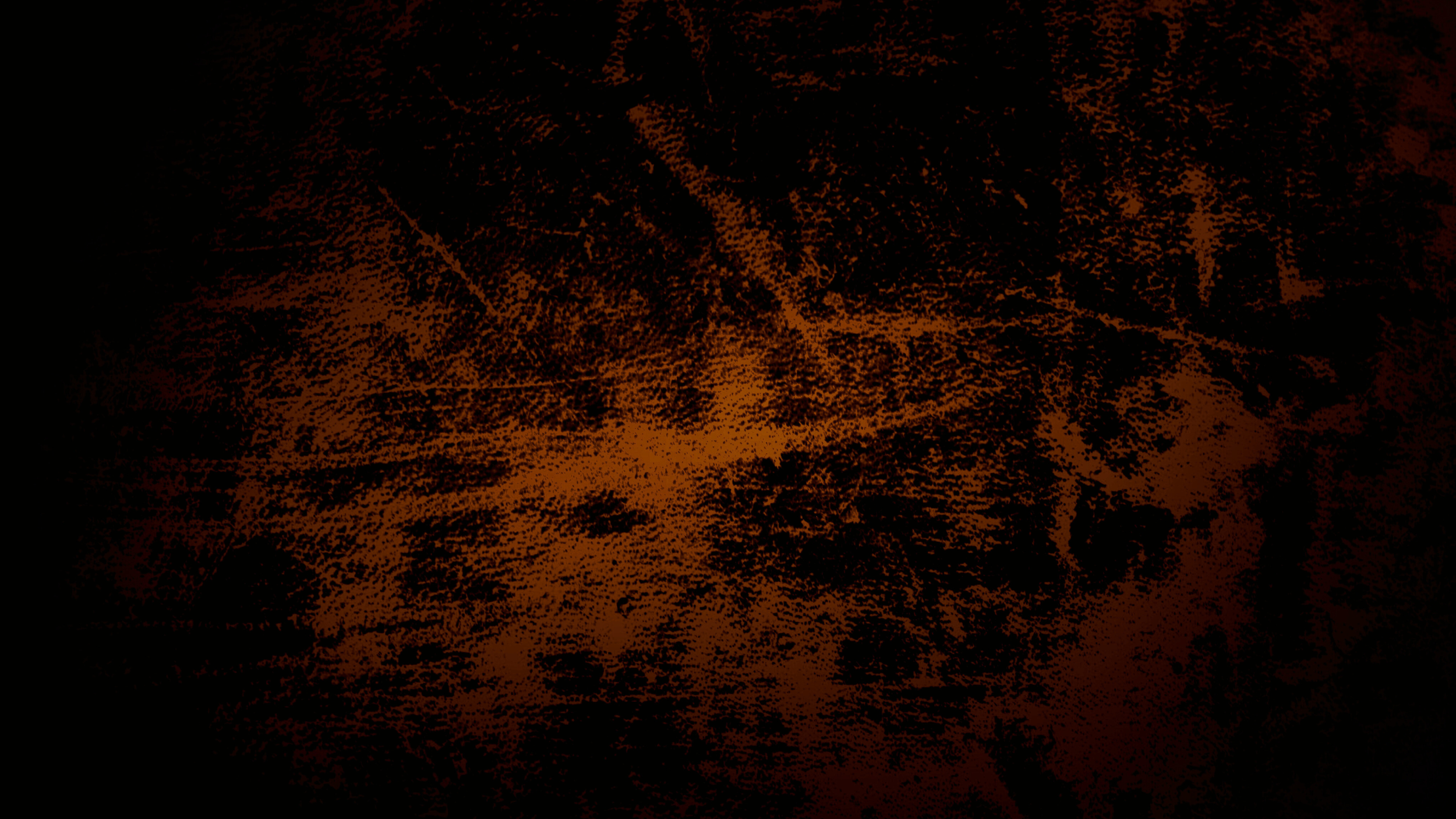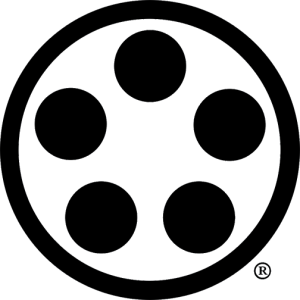
Blog: Simple Things Matter
Original articles, videos, and more.
Dojo Reishiki
While classical reishiki has all but disappeared from such modern arts as judo and karatedo, it remains an intrinsic part of the more traditional styles. But, although students adhere to the rituals, in all too many cases that is all they do - the reishiki has lost its true meaning and people merely walk through the ceremony with little understanding, and less appreciation, of what it is that they are actually doing.
Budo & Bujutsu
There exists, among many of today’s students, a certain amount of confusion as to the difference between a Ko-Budo and a Ko-Bujutsu. Of particular interest to the martial artist is the difference in attitude required from the students of these respective arts.
Martial (ART) or (MARTIAL) Art?
So, you’re a martial artist. Are you really? Many people use the phrase for years without ever pausing to consider what it really means. Have you ever even looked the words up in a dictionary?
A Farther Gate Beyond Technique - Socrates and Bujutsu
Students, at least serious students, take the time to learn what the various Japanese words used in their dojo mean. They find, for example, that bujutsu may be translated as “martial art or science” and, understanding that, proceed happily on their way, serene in the knowledge that they know what they are supposed to be doing.
But, did you ever consider taking this a step farther? By this, I mean really digging into that definition.
The Dojo
Throughout the world there are numerous training facilities for the Asian martial arts. However, very few of these places rate the title of dojo. The more commonly used terms of studio or gymnasium are, in general, much more appropriate. These institutions teach only the shell of an art and neither understand nor attempt to transmit its heart.
Bujutsu - The Military Mind-Set
All too many students of the martial arts ignore, or conveniently forget, the simple fact that martial is just another word for military. They may try to fool themselves into believing that they are studying a martial art but, by rejecting its military aspects, they have ripped out the heart of it.
Words as Weapons: The Warrior Poet
What about the fact that Musashi was also an acclaimed artist, or the 100 famous poems of Tsukahara Bokuden? When faced with trivia like this, most students assume a somewhat puzzled expression. The concept of a Hell's Angel doing water-colors just doesn't fit into their picture of a real warrior.
Dokugaku - Training for the Isolated Student
Self-study, dokugaku in Japanese, is something everyone should do, even if you live next-door do your dojo and can attend classes every day. For the isolated student, however, dokugaku must become the primary method of training.
Point, Line, and Circle
It is very easy to think of different martial arts as being different only in technique—“In karatedo they hit and kick, but in aikido they throw and pin”— and assume that this is the end of it. There are, however, some profound fundamental differences between the major martial arts groups and until you come to understand these differences and their philosophical implications, even if you study for a hundred years, you will never master the art.
Budo and a Block of Wood
During a recent conversation on budō, the topic of just how difficult it is to judge a kata in an open karate tournament came up. For a JKA black-belt to judge a series of JKA kata is not too hard. But, what if he has to look at a series of kata from schools as diverse as Shorin-ryū, Gōjū-ryū, and Wadō-ryū? Aside from the fact that there are major differences in techniques, there will also be some major differences in the philosophy behind the techniques.
Aikijutsu and Jujutsu: A psychological and philosophical differentiation
The journey is a long one, from basic jūjutsu to the ethereal realm of pure aiki, yet it is a road oft traveled. Some people never make it past the primitive stage of a thump on the head, while others take a few faltering steps and lose their way. But the magic remains. A magic that, once experienced even for a fleeting moment, traps an individual in a silken web.
Proper Usage of the Term Sensei
For those of you who don’t really understand the intricacies of Japanese forms of address (and for those of you who think you understand it, but don’t) here are some guidelines…
Navigating the Sea of Life: The Power Of, and From, Traditions
Traditions are codified methods of success passed down from generation to generation. Formal and informal traditions arise from necessity in times of crisis and disruption, and serve to maintain the coherence and integrity of a family, organization, or institution over generations.
A Technique to Control Fear
People around the world have performed and will continue to act in situations and conditions that try the human spirit.
Should you find yourself facing fear, here is a simple, useful tool to control it, and act! (It is equally effective dealing with the fears and anxieties of everyday life.)
















